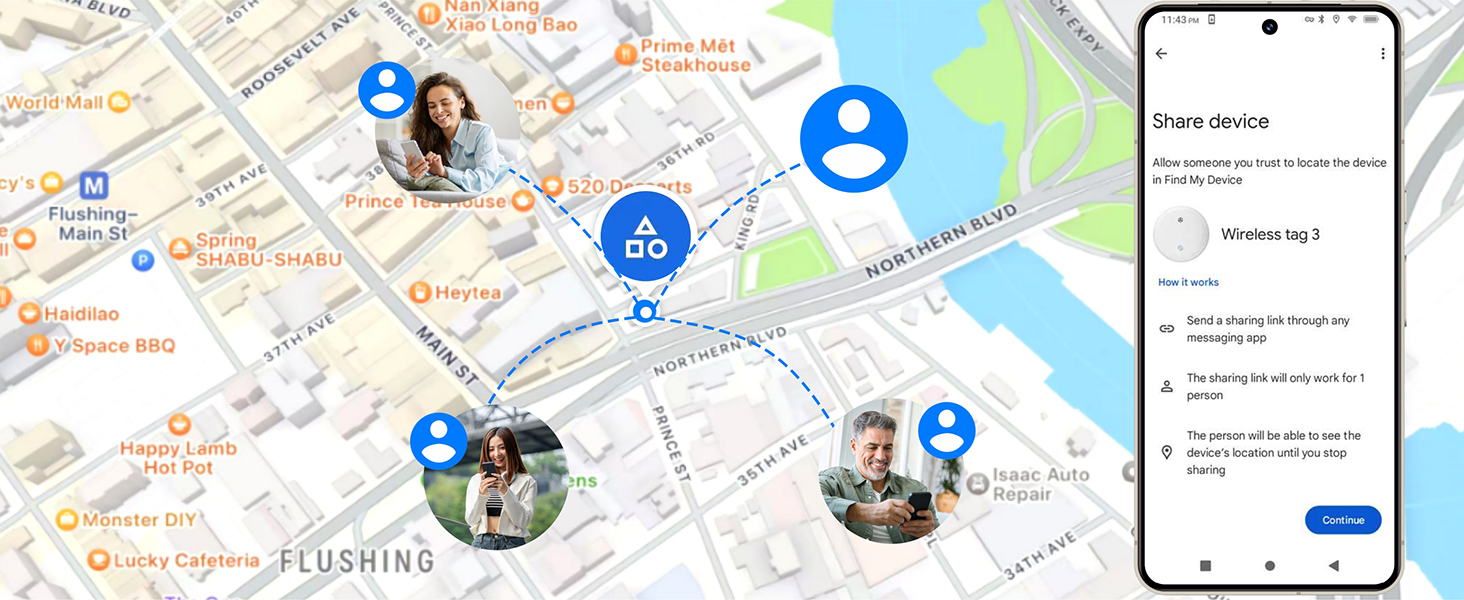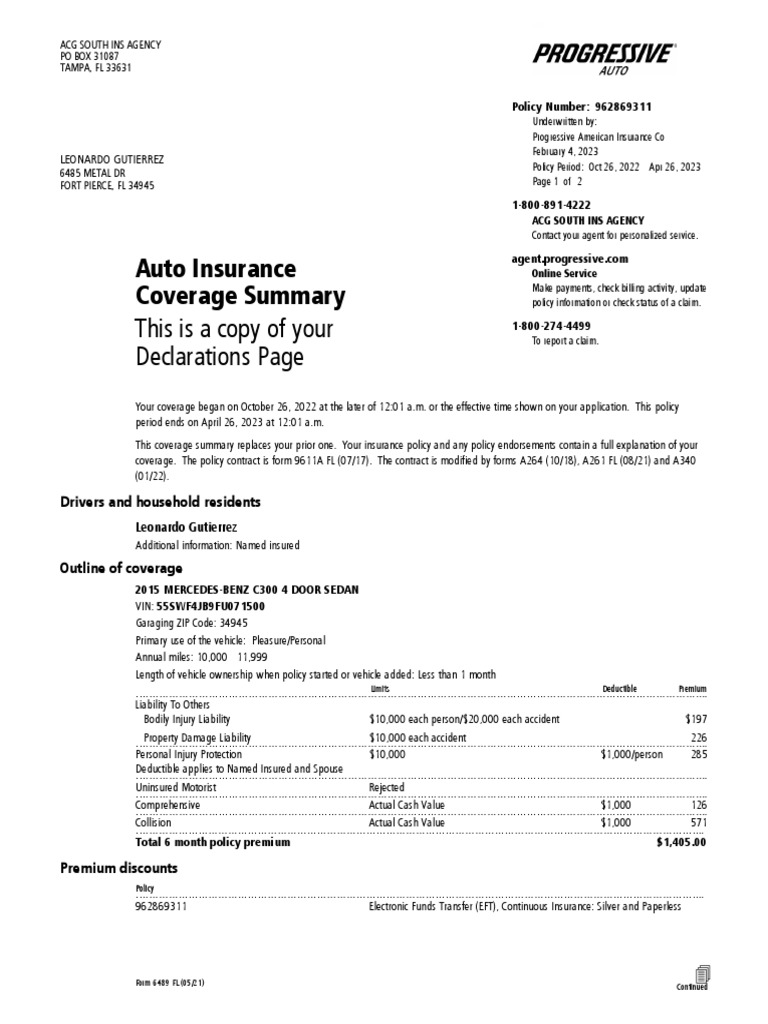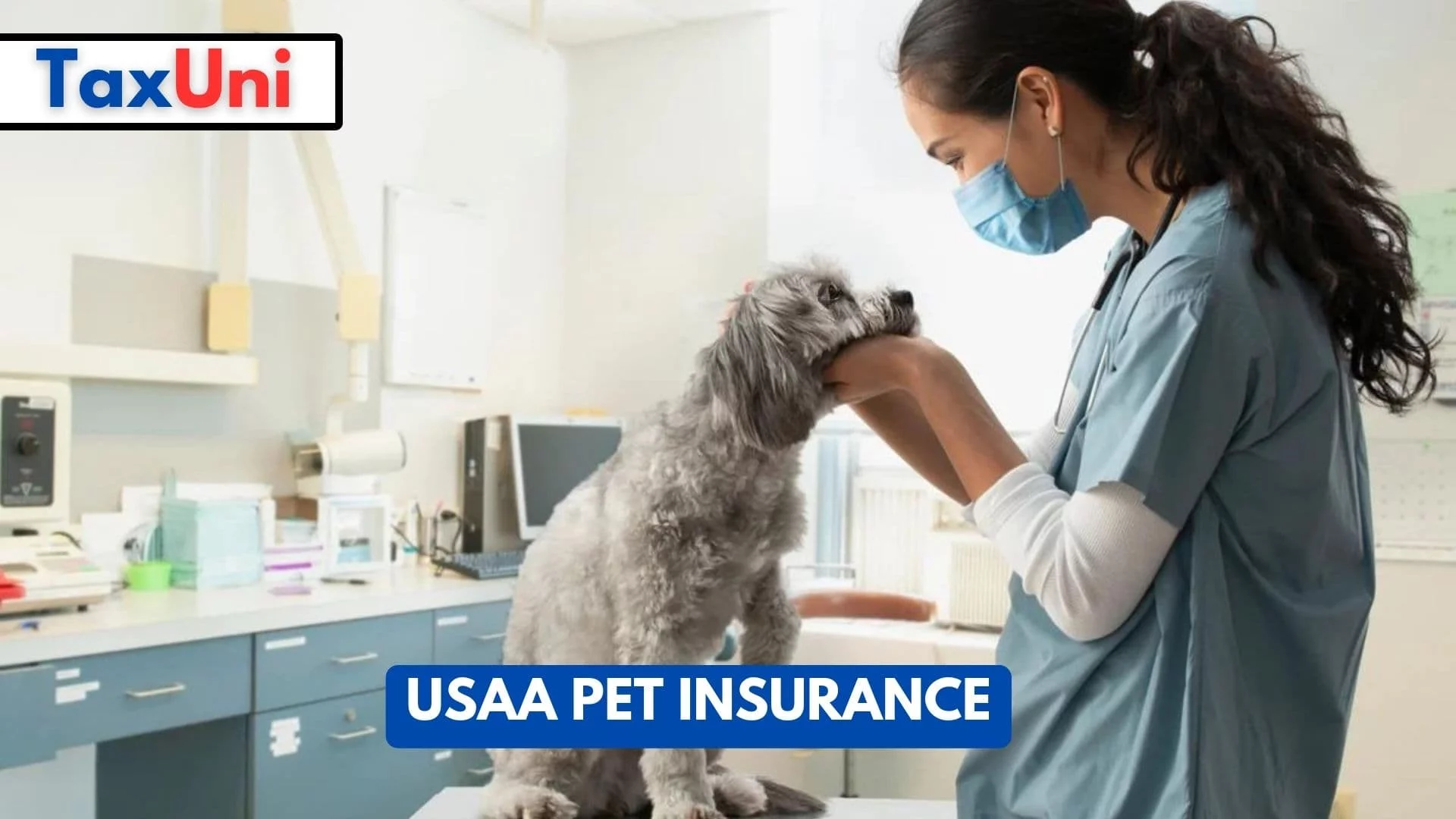Search Auto Insurance

Unveiling the Secrets of Search Auto Insurance: A Comprehensive Guide

In the world of digital marketing, the phrase "Search Auto Insurance" holds immense importance, particularly for those in the insurance industry. This phrase, often a target for SEO strategies, is more than just a keyword; it's a gateway to understanding how potential customers find and choose their auto insurance providers. As we delve into this topic, we'll explore the intricacies of this search term, providing an in-depth analysis that goes beyond the surface.
Search Auto Insurance is a critical aspect of digital marketing, especially in the highly competitive insurance sector. With countless providers vying for attention, understanding how and why potential customers search for auto insurance is paramount. This guide aims to demystify this search term, offering a strategic roadmap for insurance companies to optimize their online presence and attract the right audience.
Understanding the Search Term: "Search Auto Insurance"

The phrase "Search Auto Insurance" is not merely a string of words; it represents a specific intent. When a user types this into a search engine, they are actively seeking information or services related to auto insurance. This could range from basic queries about coverage types to more complex searches for specific insurance providers or policy details.
Breaking down the term, "Search" implies an active exploration, indicating that the user is in the early stages of their buying journey. They are researching, comparing, and gathering information to make an informed decision. "Auto Insurance," on the other hand, specifies the user's interest, narrowing it down to insurance coverage for vehicles.
Understanding this search intent is crucial for insurance companies. It allows them to tailor their online content and strategies to match the user's needs, increasing the likelihood of conversion. By creating content that aligns with the user's search intent, insurance providers can position themselves as trusted sources of information, building credibility and trust.
The Role of SEO in "Search Auto Insurance"
SEO, or Search Engine Optimization, plays a pivotal role in the success of any online venture, especially when dealing with highly competitive search terms like "Search Auto Insurance." It's not just about ranking high on search engine results pages (SERPs); it's about understanding the algorithms and user behaviors that govern these rankings.
For the phrase "Search Auto Insurance," SEO strategies must be nuanced and targeted. Insurance companies must optimize their websites with relevant keywords, ensuring that their content is easily discoverable by search engines. This involves a deep understanding of keyword research, on-page optimization, and off-page strategies like link building.
Additionally, with the ever-evolving nature of search engine algorithms, staying updated with the latest trends and best practices is essential. This includes adapting to mobile-first indexing, voice search optimization, and understanding the impact of user experience on SEO.
Keyword Research and Strategy
Keyword research is a cornerstone of effective SEO. For "Search Auto Insurance," it involves identifying the most relevant and high-value keywords that users are searching for. This process often involves tools like Google Ads Keyword Planner or SEMrush, which provide insights into search volume, competition, and related keywords.
Once the target keywords are identified, insurance companies can create a strategy to incorporate these keywords naturally into their website content. This could include blog posts, articles, or even meta tags and headings. The goal is to ensure that the website's content aligns with the user's search intent, making it more likely to rank highly on SERPs.
On-Page Optimization
On-page optimization refers to the process of optimizing individual web pages to rank higher and earn more relevant traffic from search engines. For "Search Auto Insurance," this involves optimizing title tags, meta descriptions, header tags, and content to align with the target keywords.
Title tags, for instance, should accurately describe the page's content and include the target keyword. Meta descriptions, while not a direct ranking factor, provide a chance to influence click-through rates by enticing users to click on the search result. Header tags (H1, H2, etc.) should be used to structure the content and emphasize important keywords.
Content is another critical aspect of on-page optimization. It should be high-quality, informative, and engaging, providing value to the user. By creating content that answers the user's questions or solves their problems, insurance companies can establish themselves as authorities in the field, increasing the chances of conversion.
Off-Page Optimization
Off-page optimization refers to actions taken outside of the website to impact its ranking in search engine results. For "Search Auto Insurance," this often involves building high-quality backlinks from other reputable websites. Backlinks serve as a vote of confidence for search engines, indicating that the website is a trusted source of information.
Insurance companies can build backlinks through various strategies, such as guest blogging on industry-related websites, creating shareable infographics or videos, or even through local business listings and citations. The key is to ensure that the backlinks are from relevant, high-authority websites, as this will have the most significant impact on SEO.
The Impact of User Experience on "Search Auto Insurance"
User experience (UX) has become an increasingly important factor in SEO, especially with the rise of machine learning and artificial intelligence in search engine algorithms. Google, for instance, has been vocal about prioritizing sites that provide a positive user experience.
For "Search Auto Insurance," this means creating a website that is not only SEO-friendly but also user-friendly. It should be easy to navigate, with clear calls to action and a seamless user journey. The website should load quickly, be mobile-friendly, and provide a secure connection (HTTPS) to protect user data.
Additionally, insurance companies should focus on creating content that resonates with their target audience. This could involve conducting user research to understand their pain points, needs, and preferences. By creating content that speaks directly to these concerns, insurance providers can enhance user engagement and improve their SEO rankings.
The Future of "Search Auto Insurance": Trends and Predictions

As with any digital marketing strategy, staying ahead of the curve is crucial. When it comes to "Search Auto Insurance," several trends and predictions can guide insurance companies in their future SEO strategies.
Voice Search Optimization
With the rise of voice-activated devices like smart speakers and smartphones, voice search is becoming increasingly popular. Insurance companies should consider optimizing their websites for voice search, as users often phrase their queries differently when speaking rather than typing.
For instance, a user might type "cheap auto insurance quotes" into a search engine. However, when using voice search, they might say, "Hey, Google, what are the cheapest auto insurance quotes near me?" Optimizing for such queries can ensure that insurance companies are visible to this growing segment of users.
Mobile-First Indexing
Google's shift to mobile-first indexing means that the mobile version of a website is now the starting point for what Google includes in its index. This has significant implications for insurance companies, as their mobile sites must be just as optimized as their desktop versions.
Insurance companies should ensure that their mobile sites load quickly, are easy to navigate, and provide a seamless user experience. This includes optimizing images for mobile, ensuring that forms and buttons are easy to tap, and providing clear calls to action.
Personalization and AI
Personalization and artificial intelligence (AI) are set to play an increasingly significant role in the future of "Search Auto Insurance." Insurance companies can leverage AI to create personalized content and offers for users, based on their search behavior, location, and other data points.
For instance, an insurance company could use AI to analyze a user's search history and location to deliver tailored content and offers. If a user frequently searches for "classic car insurance" and lives in an area with a high concentration of classic car owners, the insurance company could serve them targeted ads or content related to classic car insurance.
Conclusion: Navigating the World of "Search Auto Insurance"
In conclusion, the phrase "Search Auto Insurance" is a powerful tool for insurance companies to connect with their target audience. By understanding the search intent, leveraging effective SEO strategies, and prioritizing user experience, insurance providers can position themselves as leaders in the digital space.
As the digital landscape continues to evolve, staying adaptable and forward-thinking is essential. By keeping an eye on emerging trends and technologies, insurance companies can ensure they remain visible and relevant to their audience, today and in the future.
What are some common challenges in optimizing for “Search Auto Insurance”?
+One of the main challenges is the highly competitive nature of the insurance industry. With many providers vying for attention, standing out can be difficult. Additionally, keeping up with ever-changing search engine algorithms and user behaviors requires continuous learning and adaptation.
How can insurance companies measure the success of their SEO strategies for “Search Auto Insurance”?
+Success can be measured through various metrics, including increased organic traffic, higher rankings for target keywords, improved click-through rates, and, ultimately, conversions and sales. Insurance companies can use analytics tools to track these metrics and adjust their strategies accordingly.
What role does content play in SEO for “Search Auto Insurance”?
+Content is a crucial aspect of SEO. It provides the opportunity to target specific keywords, engage users, and establish authority. By creating high-quality, informative content that aligns with user search intent, insurance companies can improve their SEO rankings and build trust with their audience.



